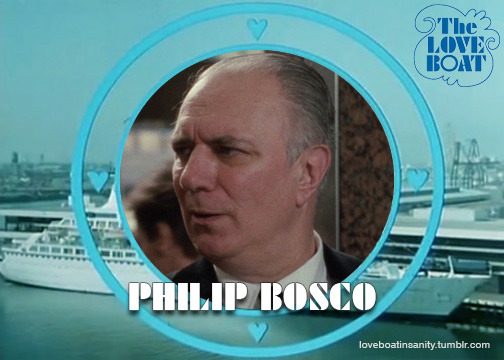#Philip Bosco
Text



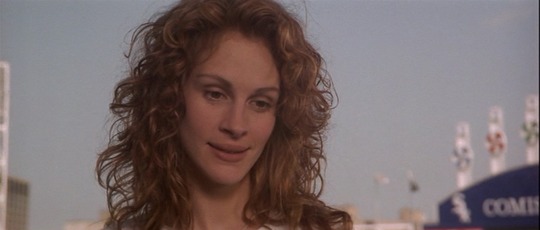
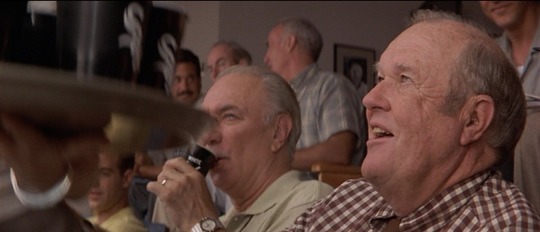
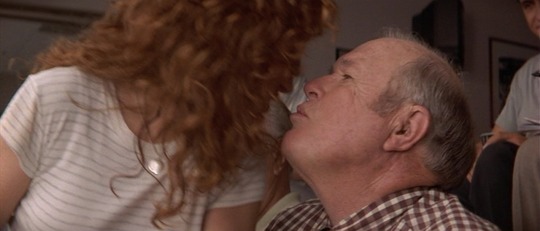
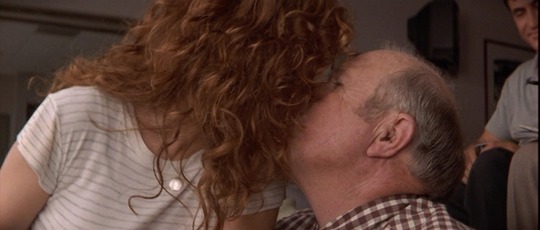


My Best Friend’s Wedding (1997) - M. Emmet Walsh
This is a weird one for me because of my crush on Walsh and my crush on Julia Roberts. You also add Philip Bosco to that too.
#my best friend's wedding#actor#julia roberts#movie#Philip Bosco#christopher masterson#m. emmet walsh#screenshots#american actor#casual dress
21 notes
·
View notes
Text
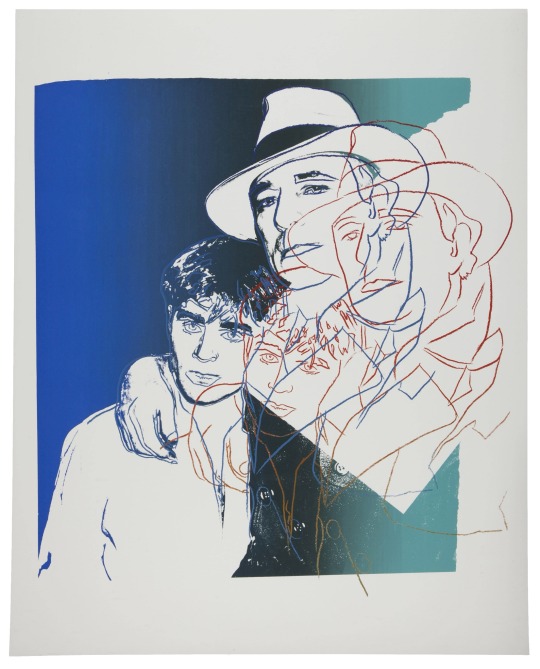
8 notes
·
View notes
Text


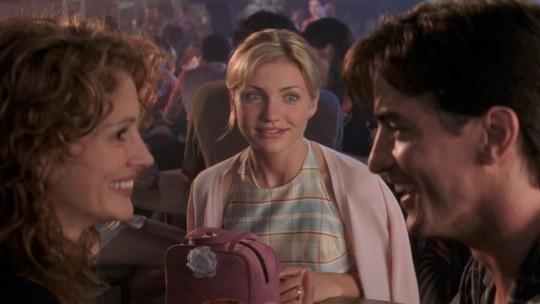
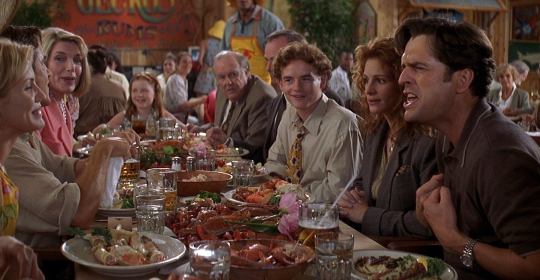


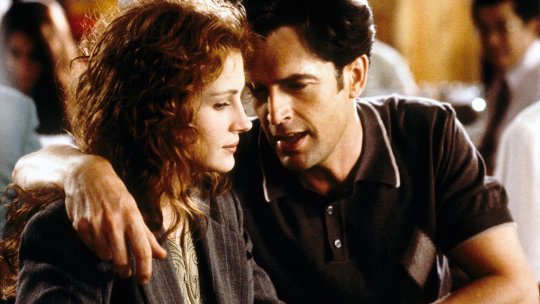


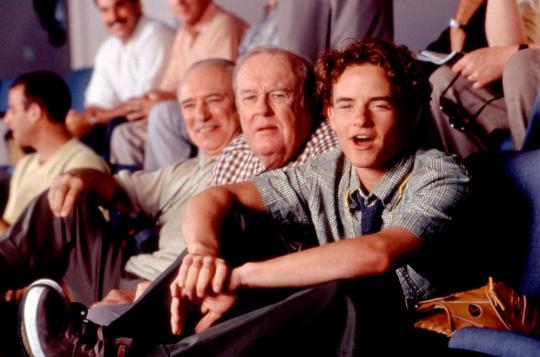
My Best Friend's Wedding
1997
#My Best Friend's Wedding#julia roberts#dermot mulroney#cameron diaz#rupert everett#christopher masterson#rachel griffiths#carrie preston#philip bosco#susan sullivan
7 notes
·
View notes
Text
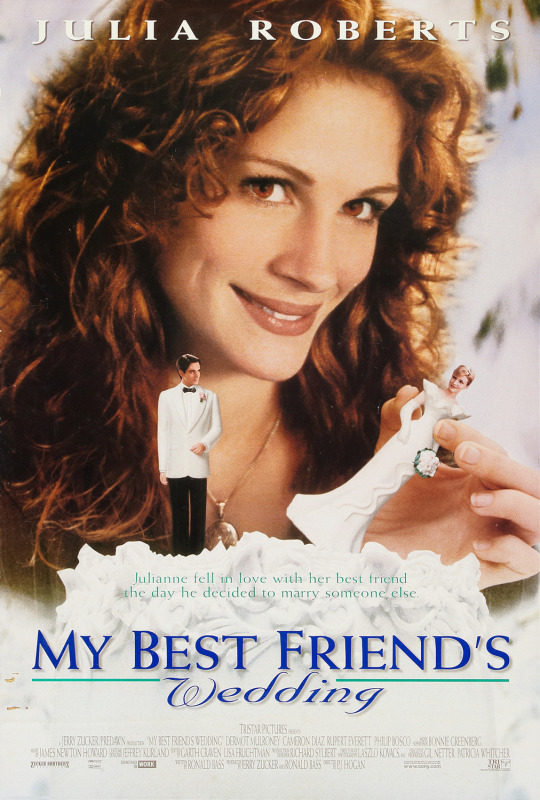
#My Best Friend's Wedding#Julia Roberts#Dermot Mulroney#Cameron Diaz#Rupert Everett#Philip Bosco#P. J. Hogan#1997
3 notes
·
View notes
Text

Children of a Lesser God (1986)
In narrative art that features individuals with deafness or hearing loss, these films tend not to portray such characters on their own terms, failing to centralize the story around them. Neither Jane Wyman’s character in Johnny Belinda (1948) nor Patty Duke’s portrayal of Helen Keller in The Miracle Worker (1962) frame their respective films; both movies rely on a hearing character to do so. Looking beyond the United States, the same is true of The Shop on Main Street (1965, Czechoslovakia) and the anime film A Silent Voice (2016, Japan) – once more, it is the hearing character who becomes the audience’s proxy. No deaf or heard of hearing actors played the roles referenced in this paragraph.
Such is also the case in Randa Haines’ Children of a Lesser God, with one significant exception – a deaf actress, Marlee Matlin, plays the deaf main character. In the late 1980s, such representation was a revelation, and simply unheard of. Matlin, deaf since she was eighteen months old, came to the producers’ attention after starring in a Chicago-area stage play. While auditioning for the role, she and actor William Hurt struck up a relationship – questionable timing, as both actors got the part (more on their troubled relationship much later).
Haines’ film, distributed by Paramount and from a screenplay by Hesper Anderson and Mark Medoff (adapting his own stage play of the same name), is a capable romantic drama with two great performances. Its portrayal of a deaf character by a deaf actress was indeed significant for its time; the decision to position the film through the hearing character’s experiences fails to distinguish it from its fellow films and numerous films since.
Somewhere in New England, James Leeds (William Hurt) arrives for his new job: as a teacher at a school for the deaf and hard of hearing. His enthusiastic teaching style rubs off on most of his students, as he emphasizes that, as important as it is to sign and read lips, they must also learn to speak. Also working at the school is Sarah Norman (Matlin), a former standout student who works as the school’s custodian. While the school’s hearing staff, for reasons initially unclear, dislike Sarah, the students appreciate her. James falls quickly for Sarah and they eventually begin dating, after a few rebuffs on her part. What follows is a romance where our two protagonists navigate through his desire to help her adjust to the world beyond the school walls and her lack of trust in others. Drifting in and out of the film are the school’s hearing principal, Dr. Curtis Franklin (Philip Bosco), and Sarah’s mother (Piper Laurie) to give both main characters advice, encouragement, and dramatic obstacles.
Children of a Lesser God suffers from its emphasis on James’ perspectives. Between James and Sarah, it is James who demands the most in any compromises between the two. When he first asks Sarah whether she would want to move in with him, James’ approach is, at times, more demanding than it is a genuine query. His insistence on Sarah speaking phonetically to hearing people, from the onset, seems to disregard whatever personal reasons Sarah might have for refusing to do so. Late in the film, the most heated discussion between the couple on this topic comes in perhaps the most inappropriate way – he wants to hear her say his name during sex. Both James and Sarah carry into this relationship sizable foibles and broken pasts, but the former’s communication style can be abrasive and domineering. At times, it makes Children of a Lesser God seem like yet another savior narrative.
youtube
Certainly, Sarah’s reluctance to speak phonetically is a defensive mechanism – one to shield her from the pain of past interactions with hearing people and a refusal to have anybody to speak on her behalf. The film also implies that she may be a survivor of sexual abuse. Matlin is magnificent in this role (my goodness, does she sign quickly or what?) and there are a few key scenes where, as Sarah, her character truly shines without James’ input. Interestingly, both scenes involve music. The first instance comes on their first date at a restaurant, when Sarah insists on dancing to “I’ll Take You There” by the Staple Singers. Feeling the vibrations of the music “through [her] nose”, Sarah grooves, eyes closed, to the music. Rather than shaking her hips and moving her head with the beat, she sways, and gracefully moves her arms to the song – released from the bounds of the musical and lyrical phrasing.
Later in the film, Sarah does not betray any irritation when James claims he cannot enjoy his favorite piece of classical music (in this case, the second movement to J.S. Bach’s Double Violin Concerto) because she is unable to enjoy it. Instead of showing her discomfort or lashing out, she asks James to “show [her] the music”, similar to how she “felt” the music on the first date. James fails to do so, but not for lack of trying. Here, Matlin, as Sarah, is fully observational – one can see, through her eyes and face, a sincere attempt to understand what the Bach “feels” like. Where others might point out Matlin’s emotionally fraught scenes in this movie as the best exemplars of her work (any of the fights with Hurt’s James, her jealousy while watching the school show, her reconciliation with her mother), Matlin’s command in these less dramatically important moments also deserve praise.
Matlin’s performance, however, cannot stop Children of a Lesser God from depicting Sarah as the otherized character that must change the most. The film, released in a decade of popular cinema with a more cavalier attitude towards relationship violence than previously seen, puts so little on Hurt’s James. It is fine to portray an imbalanced romantic relationship in a movie. But the film seems tepidly interested in Sarah in stretches, and fails to truly allow the audience to connect with her in moments where that might be possible. Additionally, whenever Sarah or anyone else who is deaf or hard of hearing signs in the film, there are no subtitles. Instead, it is up to James or another hearing character to verbalize the sign language – disallowing the opportunity for any viewer to find, in Sarah, a chance to see the events of the film through her. This, like CODA (2021; which incidentally also stars Marlee Matlin and concentrates on a hearing character, albeit a child of deaf adults), makes Children of a Lesser God a film not for the deaf or hard of hearing community, but for hearing audiences. Sarah’s deafness becomes an obstacle in this film – indeed, some of this is on the original stage play, but there surely were ways to address this.
The chilly New England atmosphere of this movie lends it a coziness that no stage play could possibly replicate. John Seale’s (1996’s The English Patient, 2015’s Mad Max: Fury Road) cinematography and Michael Convertino’s (1988’s Bull Durham, 1994’s The Santa Clause) electronic-heavy score (electronic-heavy scores tend to date quickly, and this is no exception), however, are merely functional. Children of a Lesser God, lacking in any technical accoutrements, relies solely on the strength of its actors and its adapted screenplay and the odd autumnal landscape of red-orange tree leaves and mist wafting over water in the early mornings. Director Randa Haines had never made a theatrical film prior to this, with her directorial career only covering network television and television movies until Children of a Lesser God. Her direction is here is unremarkable, but at least is sufficient for the purposes of this adaptation.
Hurt and Matlin began a romantic relationship shortly after auditioning for Children of a Lesser God – establishing a tricky situation of power dynamics on set during the making of the film. Matlin, seen as the ingénue, knew she had much to learn from Hurt (one year removed from his Academy Award-winning role in Kiss of the Spider Woman and one year away from Broadcast News) and everyone else on set. Matlin has always praised her fellow cast and crew members for that education in filmmaking. She moved in with Hurt shortly after shooting ended on Children of a Lesser God, but that was the beginning of the end of their relationship. The relationship, marked by drug and verbal abuse and rape, continued through the 59th Academy Awards in March 1987 (that evening, on the way home, Hurt questioned the legitimacy of Matlin’s Best Actress win, callously comparing Matlin to the other four nominees) but ended several months thereafter. In later years, following the publication of Matlin’s memoir detailing the worst aspects of their relationship, Hurt apologized for any harm he inflicted on Matlin and her family, wishing them all well. After Hurt’s death in 2022, Matlin reflected on her time making Children of a Lesser God and noted that Hollywood had “lost a really great actor”.
When Children of a Lesser God received five Academy Award nominations and won Marlee Matlin her Best Actress Oscar, speculation abounded regarding changes in the portrayals of deaf characters and opportunities for deaf and hard of hearing actors. Matlin was the incarnation of a potential groundswell of such representation in Hollywood. That groundswell has been less dramatic than anticipated (as are all such movements to address underrepresentation in American films), but Matlin’s win has, slowly, in its own way, opened a wealth of new opportunities for deaf and hearing-impaired actors in the United States in film and television. Children of a Lesser God might not be the revolutionary film that many non-viewers may have heard of. Nevertheless, its positive impacts continue to create small ripples through American filmmaking, belatedly, more frequently than ever before.
My rating: 7/10
^ Based on my personal imdb rating. My interpretation of that ratings system can be found in the “Ratings system” page on my blog. Half-points are always rounded down.
For more of my reviews tagged “My Movie Odyssey”, check out the tag of the same name on my blog.
#Children of a Lesser God#Randa Haines#William Hurt#Marlee Matlin#Piper Laurie#Philip Bosco#Allison Gompf#Bob Hiltermann#Linda Bove#Hesper Anderson#Mark Medoff#John Seale#Lisa Fruchtman#Michael Convertino#31 Days of Oscar#TCM#My Movie Odyssey
2 notes
·
View notes
Photo
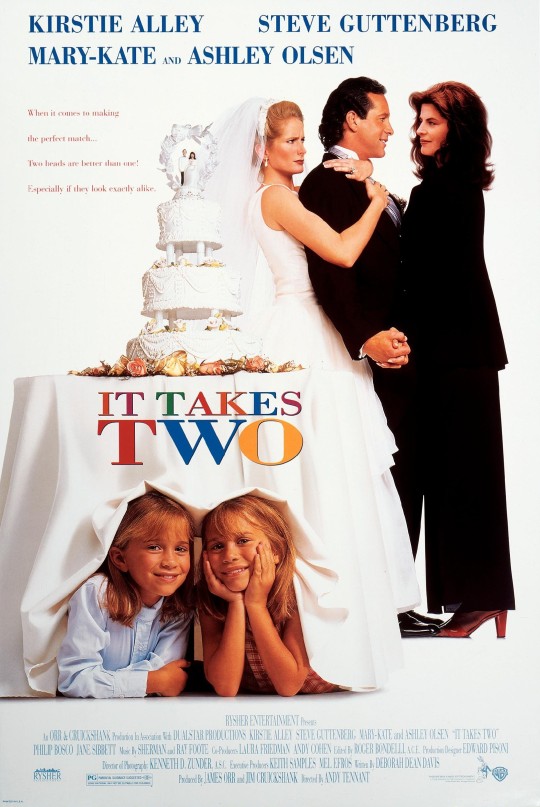

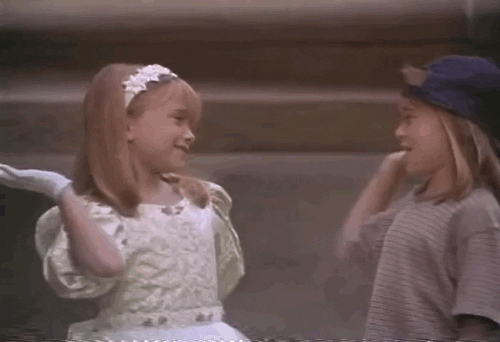
Endless List of My Favorite Movies
It Takes Two (1995)
#It Takes Two#Mary Kate Olsen#Ashley Olsen#Olsen Twins#Kirstie Alley#Steve Guttenberg#Philip Bosco#Jane Sibbett#Endless List of My Favorite Movies#ELoMFM
27 notes
·
View notes
Photo
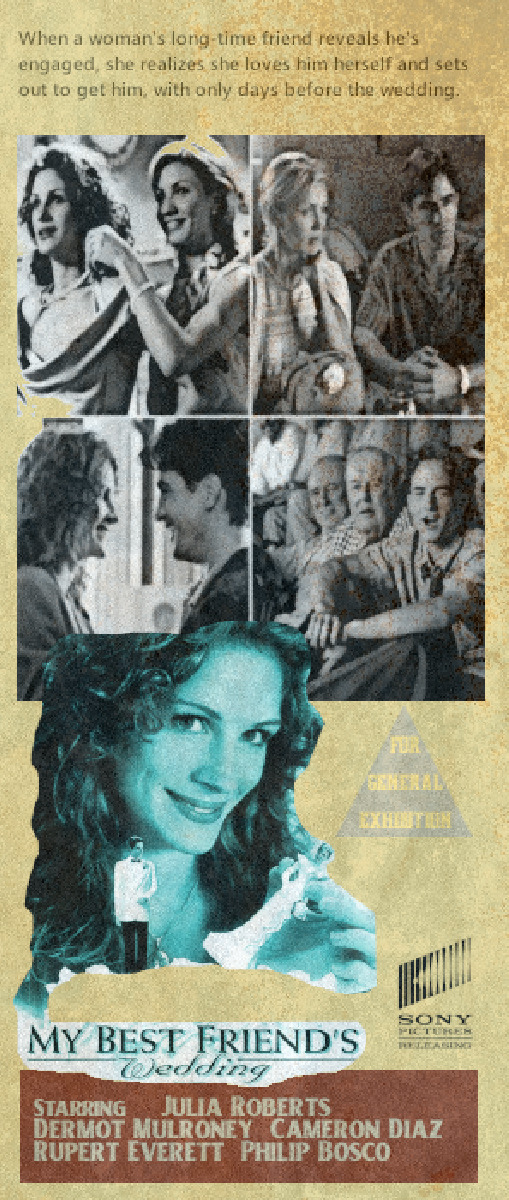
#my best friend's wedding#movies#julia roberts#dermot mulroney#cameron diaz#rupert everett#philip bosco#illustration#vintage art#alternative movie posters
3 notes
·
View notes
Text
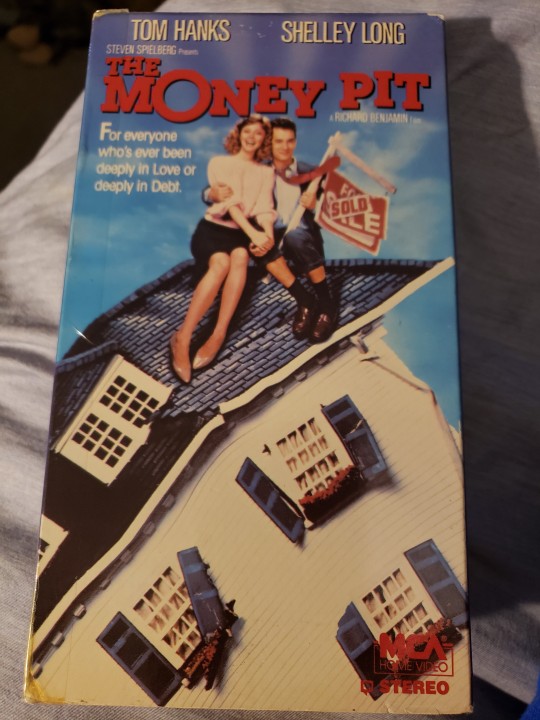
Now showing on my 80's Fest Movie 🎥 marathon...The Money Pit (1986) on glorious vintage VHS 📼! #movie #movies #comedy #themoneypit #TomHanks #ShelleyLong #alexandergodunov #maureenstapleton #joemantegna #philipbosco #yakovsmirnoff #MichaelJeter #RIPMichaelJeter #frankiefaison #carminecaridi #TziMa #williamlombardo #vintage #vhs #80s #80sfest #durandurantulsas5thannual80sfest
#movie#movies#comedy#the money pit#tom hanks#shelley long#Alexander Godunov#joe mantegna#william lombardo#philip bosco#yakov smirnoff#Maureen Stapleton#Michael Jeter#rip michael jeter#Frankie Faison#carmine caridi#tzi ma#vintage#VHS#80s fest#80s#duran duran tulsa's 5th annual 80s fest
1 note
·
View note
Text
Blu-ray review: “Nobody’s Fool” (1994)
“Nobody’s Fool” (1994)
Drama
Running Time: 110 minutes
Written and directed by: Robert Benton based on Nobody’s Fool by Richard Russo
Featuring: Paul Newman, Jessica Tandy, Bruce Willis, Melanie Griffith, Dylan Walsh, Pruitt Taylor Vince, Gene Saks, Josef Sommer, Philip Seymour Hoffman and Philip Bosco
Carl Roebuck: “Sixty years old and still getting crushes on other men’s wives. I would…
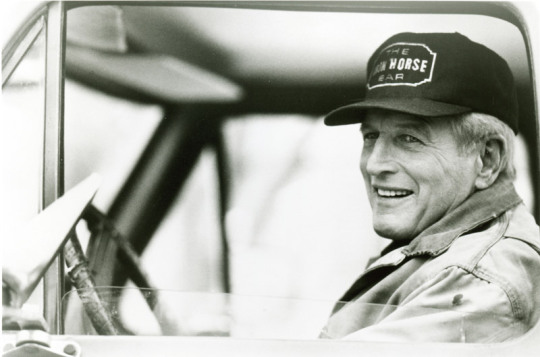
View On WordPress
#blu-ray#blu-ray review#bluray review#bluray reviews#Bruce Willis#Dylan Walsh#Gene Saks#Jessica Tandy#Josef Sommer#Melanie Griffith#Nobody’s Fool#Nobody’s Fool blu-ray#Nobody’s Fool blu-ray review#Paul Newman#Philip Bosco#Philip Seymour Hoffman#Pruitt Taylor Vince#Robert Benton
0 notes
Text

#NowWatching Blue Steel (1990) 🔫🚨☠️
“𝙳𝚎𝚊𝚝𝚑 𝚒𝚜 𝚝𝚑𝚎 𝚋𝚎𝚜𝚝 𝚔𝚒𝚌𝚔 𝚘𝚏 𝚊𝚕𝚕. 𝚃𝚑𝚊𝚝'𝚜 𝚠𝚑𝚢 𝚝𝚑𝚎𝚢 𝚜𝚊𝚟𝚎 𝚒𝚝 𝚏𝚘𝚛 𝚕𝚊𝚜𝚝.”
#jamie lee curtis#ron silver#kathryn bigelow#Eric red#blue steel#thriller#horror#1990#richard jenkins#kevin dunn#elizabeth pena#louise fletcher#Philip bosco#Clancy brown#tom sizemore
0 notes
Text


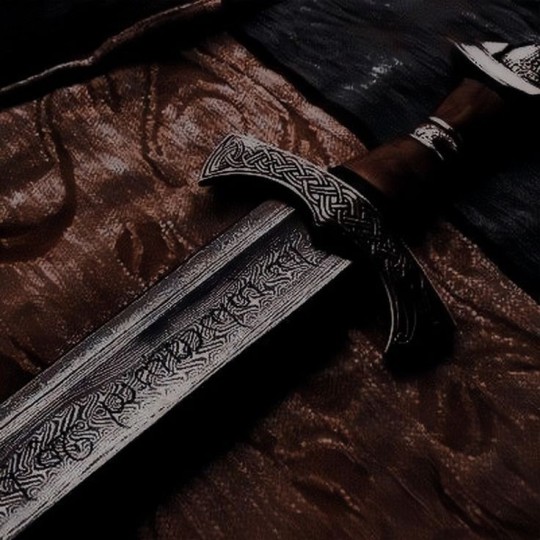
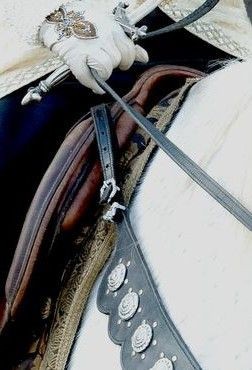
#prince philip aesthetic#prince philip#sleeping beauty#la bella addormentata nel bosco#principe filippo aesthetic#fiaba#fiabe#favola#favole#fairy tales#fairy tale#prince#principe
1 note
·
View note
Text
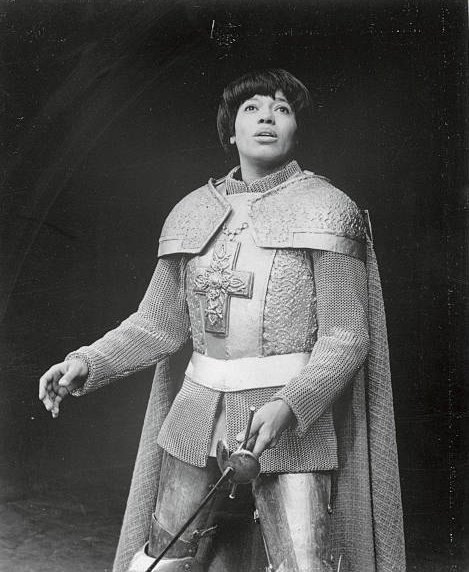

Diana Sands as "Joan" in George Bernard Shaw's SAINT JOAN (the first time a Black actress played the role in a major Broadway production) at the Lincoln Center Repertory Theater, here with Philip Bosco as Dunois, Bastard of Orleans, 1967 — 1968.
9K notes
·
View notes
Photo

6 notes
·
View notes
Note
Dumb Protestant Question #4
Is there a formal trickster saint? A saint of malicious compliance/benevolent chaos?
Not in the sense of a folkloric trickster, since trickery isn’t strictly a Christian ideal. However there are a lot of saints who were clever and/or playful! St. Nicholas famously snuck gold into the house of a poor family to save the daughters from slavery, St. Lawrence showed up with the poor of Rome when demanded to turn over ‘the riches of the Church’ to the emperor and then joked while being executed, St. Genesius was a performer who converted to Christianity in the middle of an act making fun of Christians, St. John Bosco performed tricks and told jokes and as a kid would charge one rosary as admission, St. Philip Neri would go out with only half his beard shaved and assign unique penances — like wearing a hair shirt on the outside of one’s clothes — and had a reputation for a great sense of humor, and St. Francis of Assisi stripped naked in the town square in order to return his clothes to his father.
47 notes
·
View notes
Text

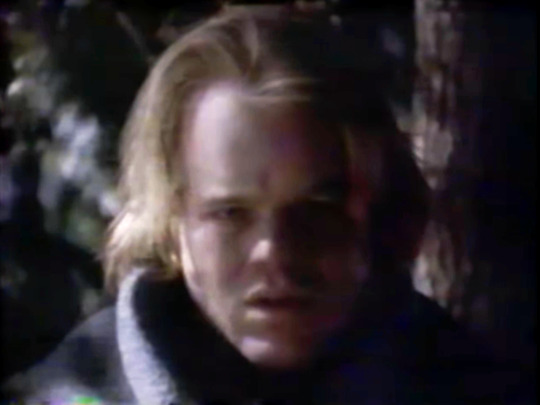
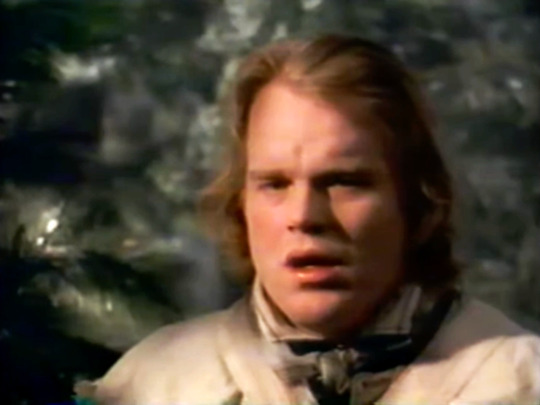
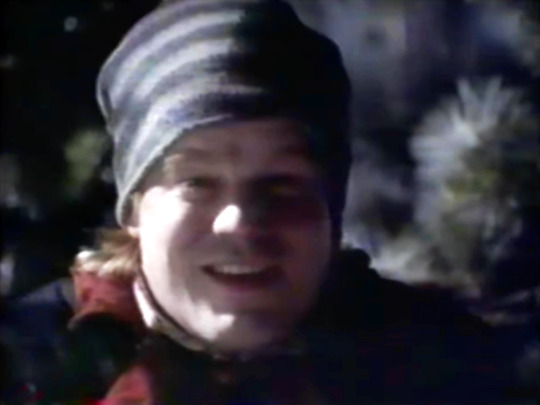


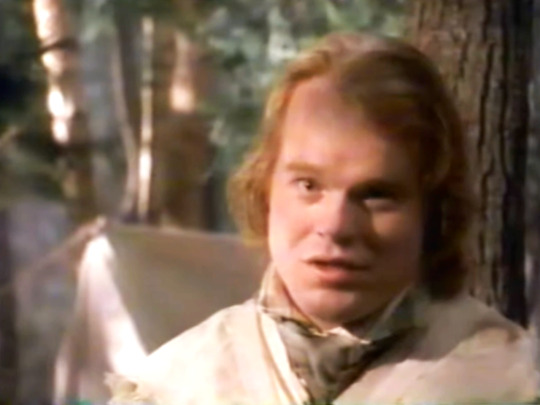

Tonight's Monday Philm is actually a miniseries: Liberty! The American Revolution, first broadcast in 1997. Or, I Watched Six Hours Of This PBS Documentary All At Once So You Don't Have To!
It really wasn't that bad—I'm actually a historian specializing in 19th-20th century U.S. by training 🤓 so while the Revolution is a little earlier than my area of study, I've always had a soft spot for it. Just watching this made me a little nostalgic. I've seen parts of this series before (probably in middle school tbh) and of course I've watched PSH's few bits, but this was my first time watching the whole thing.
Overall pretty good! A little dated, as quarter-century old documentaries are expected to be, and the focus was a little narrower than I might've hoped for from a six-hour series, but it was well-made. SO many actors are in this. Like, I knew several to expect (like Stephen Lang, another favorite actor of mine, voicing Washington), but then Austin Pendleton and Jane Adams and Isiah Whitlock Jr. and Philip Bosco showed up!
I'm curious about how Phil got involved with this project. Released in late 1997, about a month after Boogie Nights, so filmed before his public "breakthrough" in that film. I wonder if this was another role he did, partly like Twister (and around the same time), to afford to move back to NYC lol? Not that it would just be about money—seeing Austin Pendleton pop up made me think he might've gotten Phil involved. And the project is neat, it's history, something Phil probably would've been interested in on his own. We may never know!
PSH is portraying Joseph Plumb Martin, an actual American soldier who kept a diary throughout his wartime service. While doing some research for this post I learned Martin was 16 (!!!) when he joined the militia, so Phil in that first still is supposed to be a teenager lmao. Makes much more sense when you realize Martin was in his mid-20s by the end of the war (the last still) and much closer to Phil's actual age. And like, it's a PBS documentary—they're not blowing the budget on costumes for characters with maybe 2 minutes of screen time—but they still do a pretty good job showing how he became a man over the course of the war.
Martin also kinda has the most character development over the course of the series? He's the primary (maybe only?) American soldier depicted and so carries the burden of portraying the entire demographic's wartime experiences. A little cheesy at times but Phil's sincerity is impressive—his willingness to throw himself into any role without self-consciousness—and I can't lie some of those line readings gave me chills ! Nearly all of the actors do a great job bringing the real diary entries and letters etc. to life—so brash, so funny, so honest and afraid and hopeful.
This series brings up many innate and complicated feelings about my country! Too numerous to dive into here, since this is already a remarkable long review compared to how long Phil is actually in it.
But Phil loved a good July 4th bash so tomorrow, if applicable, make some of his cookie dough s'mores and go see fireworks or maybe just watch him be miserable and freezing at Valley Forge in this series! 🇺🇸
#Local Revolutionary War Solider Boy Has The Most Lucious Lips#the last scene he is such a prince#like I know the whole point of the revolution was for us to not have princes. and thank gd we don't. but if we did phil would be a prince :#monday philm#liberty! the american revolution#philip seymour hoffman#psh#*#I wish he was still alive I want to see the look on his face when I ask him to sign a photo of him in this docuseries. what would he say
8 notes
·
View notes
